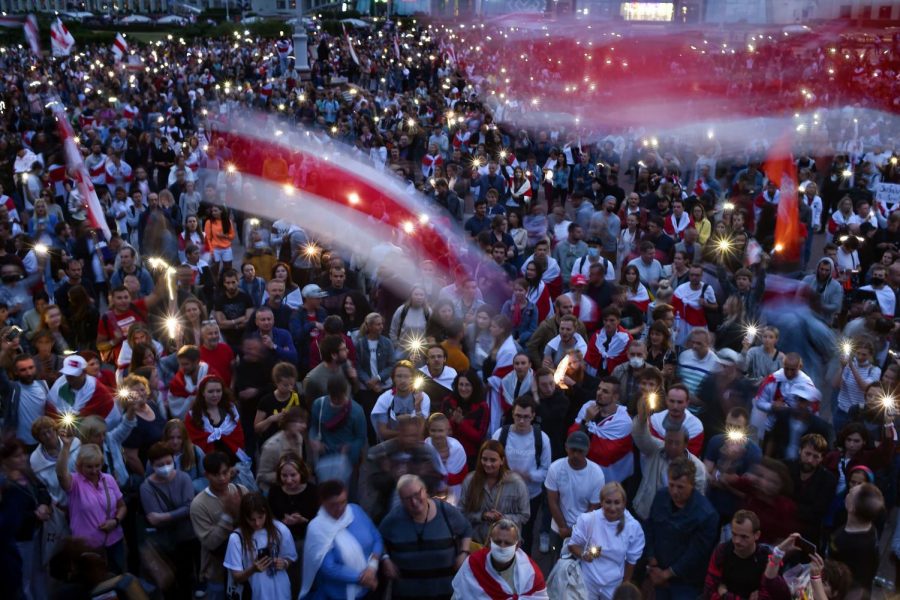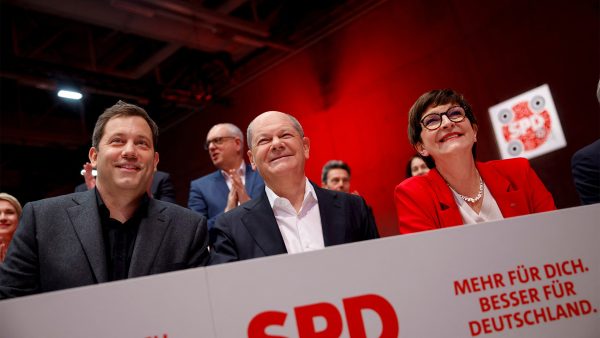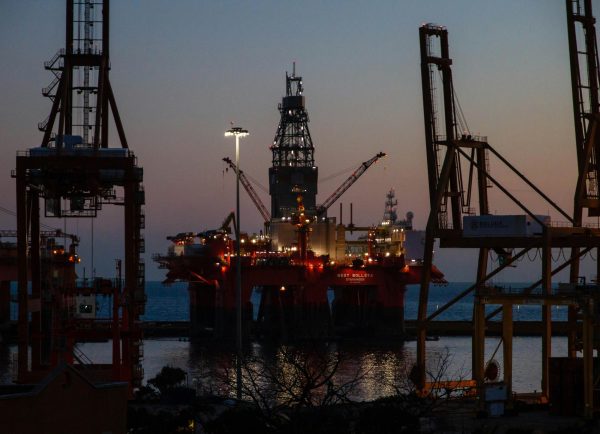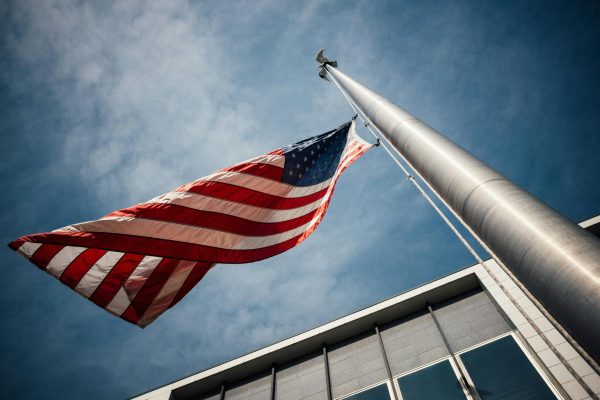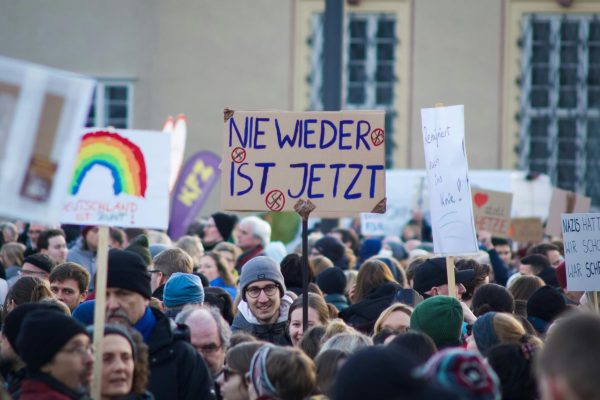Alexander Lukashenko: Europe’s last dictator
For years Alexander Lukashenko has sought to convince the nation of Belarus that he is the best guarantor of stability; a tough nationalist protecting his people from foreign meddling with that message still appealing to many older Belarusians. Lukashenko has been in power since 1994, with an authoritarian style reminiscent of the Soviet era, controlling the main media channels, harassing and jailing political opponents and marginalising independent voices. On the 9th of August 2020 the 66-year-old former Soviet farm boss claimed a sixth term as president in a widely disputed election which has led to rioting and a general public unrest of the nation.
In parliament Lukashenko created a faction called Communists for Democracy. He was the only deputy to oppose the December 1991 agreement that led to the dissolution of the Soviet Union and he maintained a close association with conservative communist factions in independent Belarus as well as having links with similar groups in Russia. Lukashenko was elected president of Belarus in 1994, while among other things promoting closer ties with Russia and the restoration of the old Soviet economic system with only marginal market economic elements. In the succeeding years he signed a number of agreements with Russian President Boris Yeltsin that called for various forms of union between the two countries. In 1996 he persuaded voters to approve a new constitution that gave him sweeping additional powers, including the right to prolong his term in office, to rule by decree, and to appoint one-third of the upper house of parliament. An authoritarian and unpredictable leader, he resisted economic and political reforms, suppressed dissent in the media and among the people, and led Belarus into isolation from its European neighbours and the international community.
For decades, Moscow supplied Belarus with discounted oil and in return inexpensive Belarusian shoes, underwear, gas stoves, tractors and trucks are ubiquitous throughout Russia as well as hundreds of thousands of Belarusians work there without the bureaucratic hurdles migrants from other ex-Soviet nations face. Lukashenko attempted to reintegrate Belarus back into Russia, in a hopeful attempt to replace then Russian President Boris Yeltsin. In 1997, Yeltsin and Lukashenko signed the first of dozens of accords to create a Union State – a merger of Russia and Belarus with a common government, parliament, currency and military. According to the document, the Union State’s creation involves the establishment of a single economic space, a single currency, uniting energy systems, coordinating trade and customs and a tariff policy, as well as creating a single legal system. This agreement has caused tremendous issues following the riots taking place in Belarus because Russia holds major economic leverage over the country, as any pivot away from Moscow would likely cause huge economic turmoil and would demand painful reforms. Mr Lukashenko, who claims the west wants to overthrow him by force, has warned current Russian president Vladimir Putin that, if unchecked, the wave of unrest would spread to Russia, and hinted Moscow could intervene militarily to support him. However he has eroded his own standing with the Kremlin by resisting Mr Putin’s push for deeper economic integration over the past year, accusing Russian “puppet masters” of covertly funding his opponents, and claiming Moscow sent 200 mercenaries to overthrow him ahead of the vote.
After Lukashenko claimed 80 percent of the vote in what many Western governments said was a sham election, protesters across the country have continued to turn out in crowds, only to be met with a fierce police crackdown as the government tries to maintain its grip on power. Violent clashes, which included the police spraying tear gas and making thousands of arrests, have given way to smaller demonstrations, as some protesters became fearful of police violence. Thousands of protesters are believed to have been detained, and videos of civilians being beaten by the police continue to emerge, potentially further galvanizing public anger. The brutality of Mr. Lukashenko’s crackdown has alienated even parts of his usually loyal base. A well-known presenter on state television, Yevgeny Perlin, announced on Wednesday that he was quitting, asking on Instagram: “What happened to my Belarus?” Several others also resigned. “We used to trust him before, but life was getting worse and worse with each day,” said Valery, a mechanic at a state-owned engineering company in Minsk, who declined to give his name for fear of punishment. “What is happening now is complete lawlessness. There was no election, it was a sham. I used to be loyal, I knew that there needed to be law enforcement to fight against criminals, bandits. But these are people, who can go against their own people?” International election observers, who have monitored most previous elections but were banned this year, have declared all past elections in Belarus under Mr. Lukashenko to be neither free nor fair. Despite imprisoning or otherwise suppressing most of his potential rivals, Lukashenka has found himself facing a unified opposition and fighting for his political life.
Svetlana G. Tikhanovskaya emerged as Mr. Lukashenko’s main election rival after several other opposition leaders were jailed or exiled. They included her husband, Sergei Tikhanovsky, a blogger who was considered among the top opposition candidates before he was jailed. It was clear Mr. Lukashenko was in peril even before the election. Tens of thousands of people participated in rallies to support Ms. Tikhanovskaya before the election, the largest anti government demonstrations in decades. Ms. Tikhanovskaya left the country after the election, appearing in cryptic video messages that appeared to be filmed under duress. Two of her associates said the Belarusian authorities had pressured her to leave for Lithuania.
With the opposition’s main leader, Svetlana Tikhanovskaya, forced to flee Belarus to neighboring Lithuania and Mr. Lukashenko’s security apparatus showing no sign of wavering in its support for his government, the president may survive the current storm, but he has lost the aura of an invincible popular leader.

